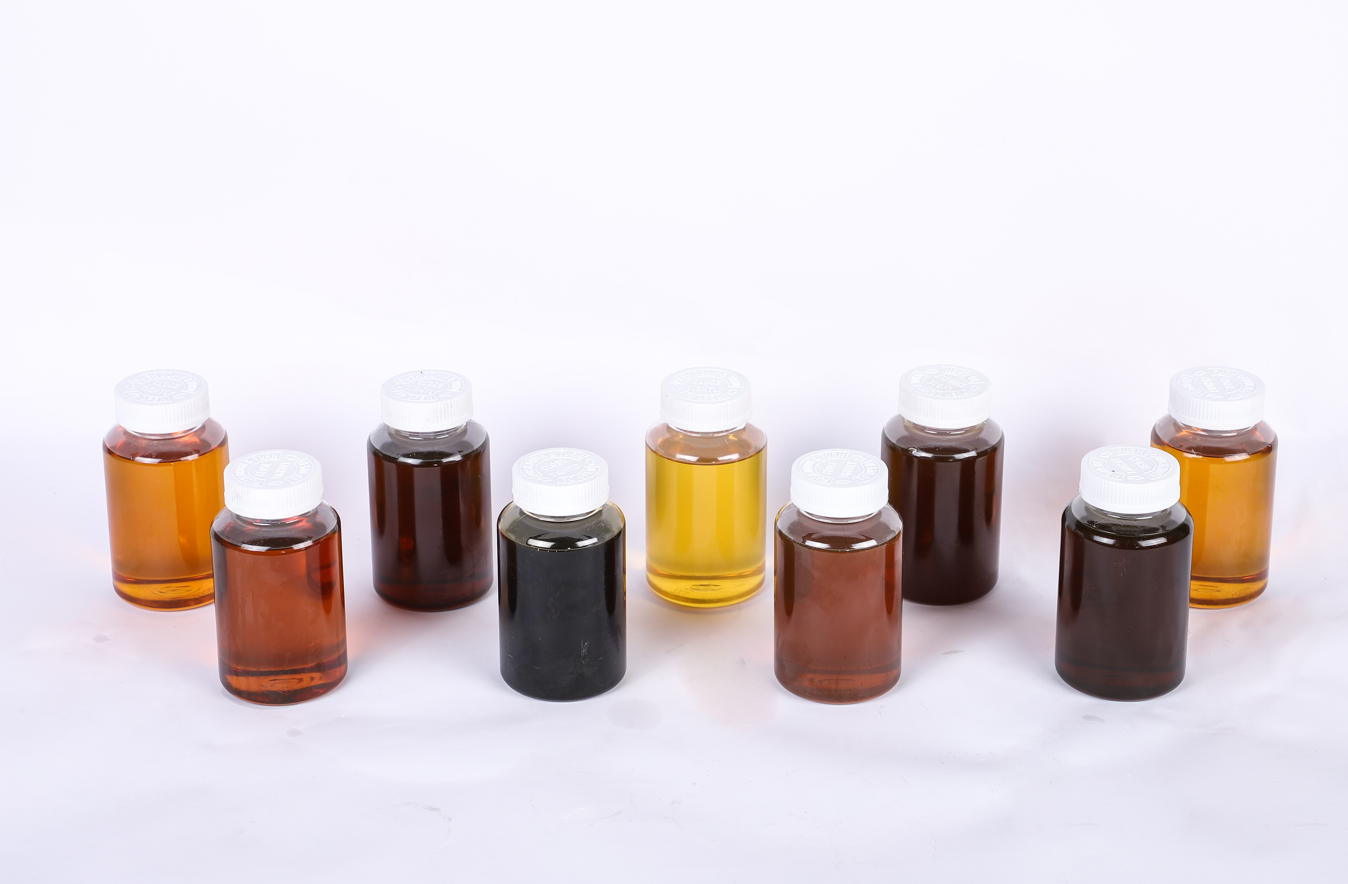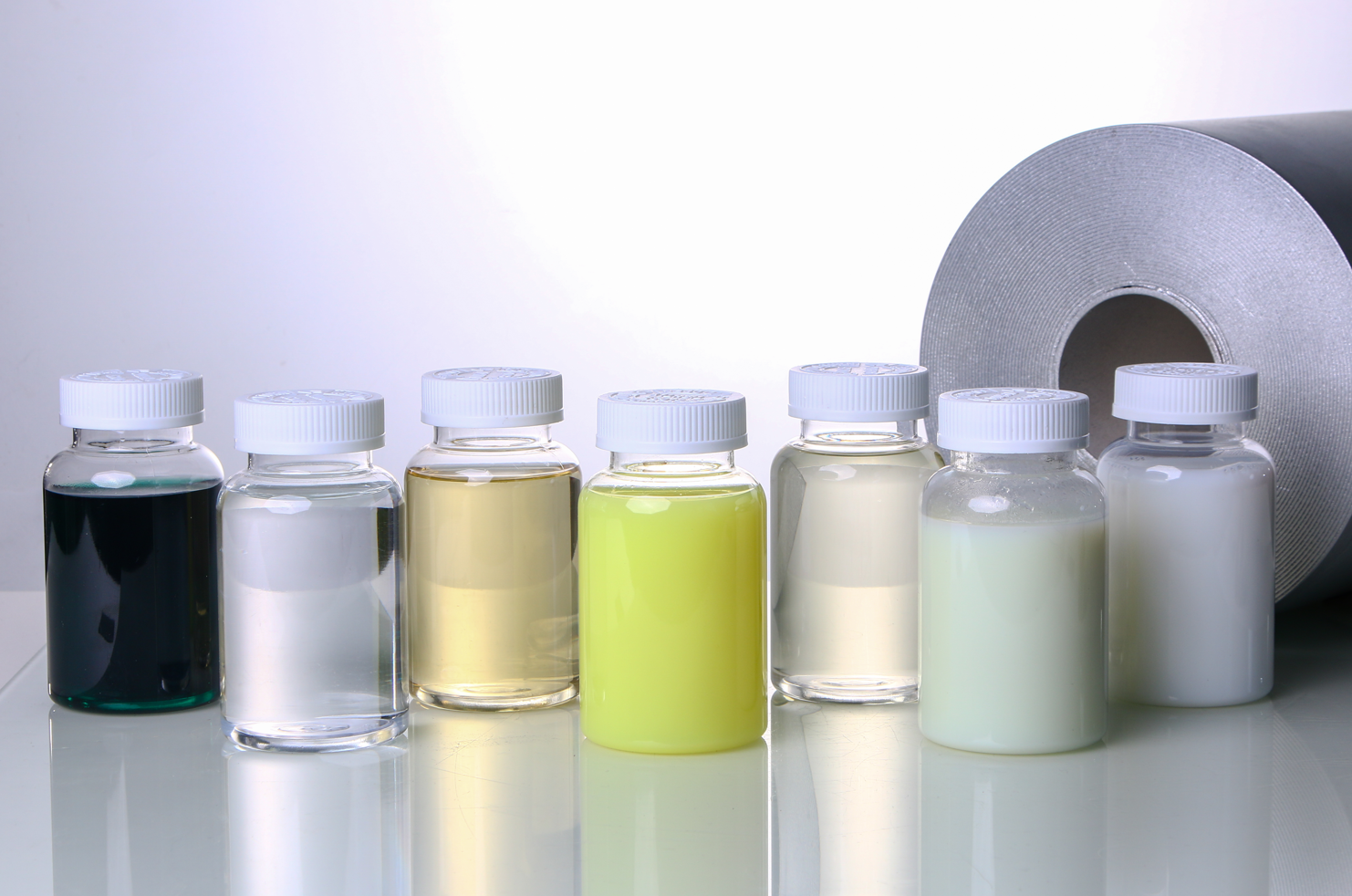
Can VCI Antirust Fluid Be Used Directly for the Protection of Gears?
2025-11-21 11:43In the machinery industry, almost all manufacturers share a common problem: parts are fine, but after a few days, a shipment, or a month-long sea voyage, a few rust spots inexplicably appear. This is especially true for critical components like gears and connecting rods; even a tiny bit of corrosion can render the entire batch unusable. Naturally, the question arises – "Can China water based antirust fluid be used directly on gears and connecting rods?" This question seems simple, but it involves a whole set of logic encompassing materials science, transportation risks, and processing technology. CVCI, from the perspective of a professional rust prevention manufacturer, will help you understand this from the most basic concepts.
I. What exactly is China water based antirust fluid? Why is it so widely used?
Many people new to the machinery industry might immediately think of China water based antirust fluid as "an oil," but it's not. China water based antirust fluid is a chemical formula specifically designed to protect metals. It forms a thin protective film on the metal surface, preventing corrosive agents like oxygen, moisture, and salt spray from reaching the metal itself. It's typically very easy to use—just spray, dip, and let it air dry to form a protective layer. It's particularly suitable for use in processing workshops, warehouses, and before export packaging.
You can think of China water based antirust fluid as an "invisible raincoat." Metals covered in it are less prone to rusting even in humid environments. Because of its ease of use, cost-effectiveness, and wide applicability, China water based antirust fluid has become one of the most common daily rust prevention methods in manufacturing.
II. Why is China water based antirust fluid a better choice for rust prevention?
Compared to ordinary rust-preventive oils, China water based antirust fluid is considered "high-end equipment." VCI stands for Volatile Corrosion Inhibitor. China water based antirust fluid doesn't work by applying a thick layer of oil; instead, its active molecules evaporate in the air and adhere to the metal surface, forming an invisible protective film. This principle sounds like an "invisible shield in the air," but its protective effect is extremely stable.
Many factories prefer China water based antirust fluid because it's non-greasy, requires no cleaning, and is virtually invisible after drying, yet provides stable protection for the metal. This is especially beneficial for complex parts like gears, where traditional oil-based rust inhibitors are difficult to apply evenly and often accumulate in the grooves. The VCI molecules within China water based antirust fluid can easily penetrate these tiny gaps, providing more comprehensive protection.
More importantly, our customers exporting to Southeast Asia—such as Vietnam, Malaysia, and the Philippines—generally report that China VCI antirust fluid performs more stably. During sea transport, humidity is extremely high, and combined with sea breezes, temperature differences, and condensation, ordinary rust inhibitors often don't last long, while China VCI antirust fluid's protective effect can withstand the "torture" of long-term sea transport. Meanwhile, VCI products are environmentally friendly, have a mild odor, and comply with international requirements such as SGS, REACH, and RoHS, making them easier to gain recognition in cross-border procurement.

III. Why are gears and connecting rods so susceptible to rust?
Many people think that a dry workshop means metal won't easily rust. However, the reality is that rust often doesn't form the moment you see it, but rather begins quietly during transport, storage breaks, and at night when humidity rises. This is especially true for precision components like gears and connecting rods, which have extremely high requirements for surface finish.
For example, most gears undergo heat treatments like carburizing and nitriding. While their surface hardness is high, their structure is also more sensitive. Even a tiny pinhole of rust can cause meshing problems, increased noise, and even affect the lifespan of the entire machine. Connecting rods are even more critical. Their machined surfaces have a very high degree of smoothness; even a small rust spot is almost impossible to salvage through secondary processing and must be scrapped.
Export transportation is even more problematic. Sea freight takes 20 to 40 days, and with the humidity and significant temperature fluctuations in transit warehouses, a slight oversight in packaging can result in rust being visible to customers in the destination country upon opening the package. This is no small matter; it affects inspection, brand reputation, and future cooperation. Therefore, gears and connecting rods must be effectively rust-proofed.
IV. Can China VCI antirust fluid be used directly on gears and connecting rods?
For general environments and short-term storage, ordinary rust inhibitors can provide basic protection. However, for export transportation, high-humidity environments, and long-term storage, it is strongly recommended to use China VCI antirust fluid or a no-clean environmentally friendly rust inhibitor. The reason is simple: gears and connecting rods have complex structures and high machining precision. The VCI molecules inside China VCI antirust fluid can penetrate into gaps, tooth surfaces, and pores, forming a more uniform protection, which traditional oil-based products simply cannot achieve.
More importantly, China VCI antirust fluid leaves almost no residue after drying, allowing parts to be assembled directly upon arrival at the customer's location without the need for degreasing and cleaning like traditional rust inhibitors. This is very beneficial for export customers.
Many Southeast Asian customers have told us, "After using China VCI antirust fluid produced with CVCI, we basically don't worry about parts rusting on the way; it gives us greater peace of mind."

V. Recommended Operating Methods
To ensure more stable rust prevention, we generally recommend the following steps: First, thoroughly clean the cutting fluid and dust from the surface of the parts. Then, use an air gun to completely dry any moisture in deep holes. Next, depending on production volume, choose either spraying or immersion to treat the China VCI antirust fluid coating. After spraying, allow the parts to air dry for a few minutes to form a protective film. Then, package them with VCI rust-proof bags or rust-proof film. Finally, place a small amount of desiccant in the box for true "double insurance."
Many of our customers exporting to Southeast Asia operate this way, and rust-free conditions for more than six months are the norm.
VI. Why is the Southeast Asian market so reliant on China VCI antirust fluid?
Our customers in Vietnam, Indonesia, and the Philippines have consistently told us, "Your rust prevention solution is far more effective than ordinary rust-preventive oils in our local areas." The reason is actually quite simple. First, the humidity in Southeast Asia is ridiculously high all year round, and ordinary rust-preventive oil can't last more than a few months. Second, many local customers also export parts and components, and they don't have the time to do the tedious degreasing process, so they need a solution that can be "cleaned and assembled directly". In addition, the world is paying more and more attention to environmental protection, and CVCI's China VCI antirust fluid can pass various tests smoothly, making it more popular.
VII. Rust Prevention Methods Are Upgrading
A significant change has occurred in the industry in recent years—more and more manufacturers are abandoning oil-based rust inhibitors due to their strong odor, difficulty in cleaning, unstable transportation, and failure to meet environmental standards, opting instead for China VCI antirust fluid-grade rust inhibitors. This is especially true for complex and precision components such as gears, connecting rods, and bearings; the era of "thick oil protection" is truly coming to an end. Global supply chains are demanding increasingly higher efficiency, making rust prevention methods that require no cleaning, leave no residue, and have a low environmental burden the common choice for most high-quality suppliers.
Rust inhibitors can be applied directly to gears and connecting rods, but China VCI antirust fluid-grade is preferred, along with appropriate VCI packaging, for more stable and lasting rust prevention.
Whether it's moisture protection, salt spray protection, long-term sea transport, or complex export environments, it provides more reliable protection. Especially in high-humidity markets like Southeast Asia, China VCI antirust fluid is almost the best solution. If you are interested in China VCI antirust fluid-grade rust inhibitors, please contact us directly at cvci-gaoxiu@chinavci.com, and we will provide you with the most suitable China VCI antirust fluid-grade rust inhibitor combination suggestions.
